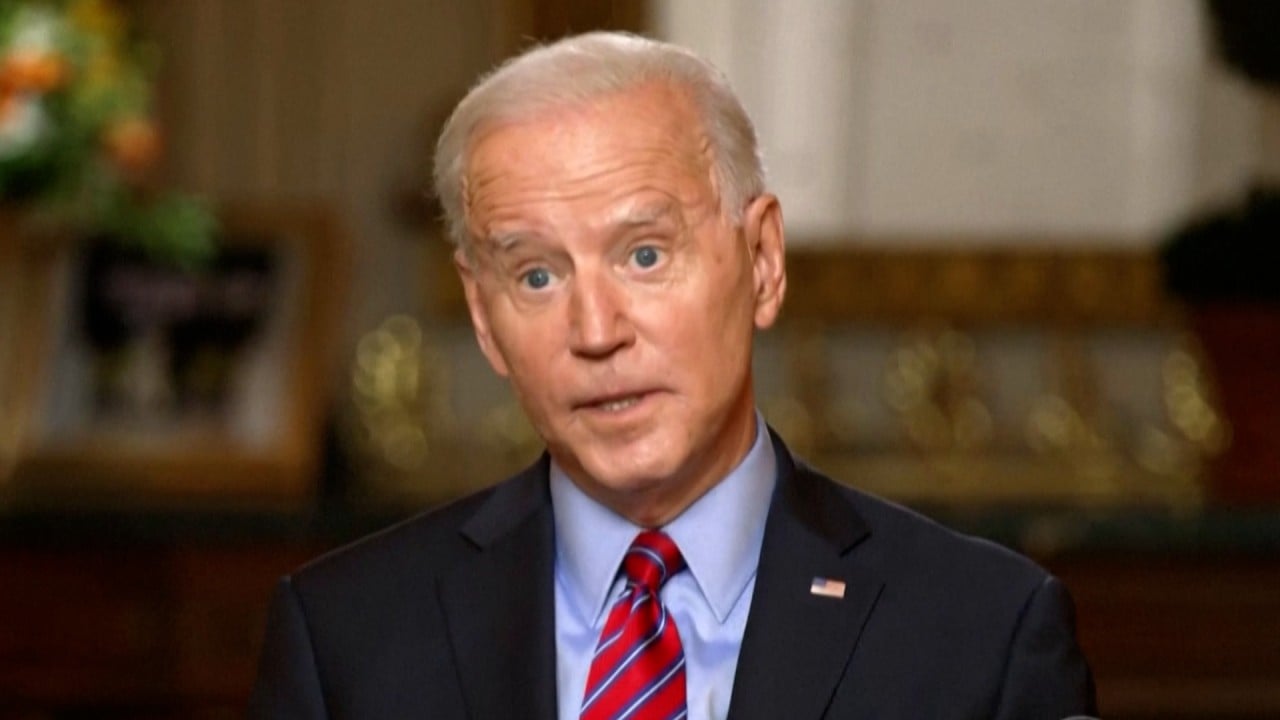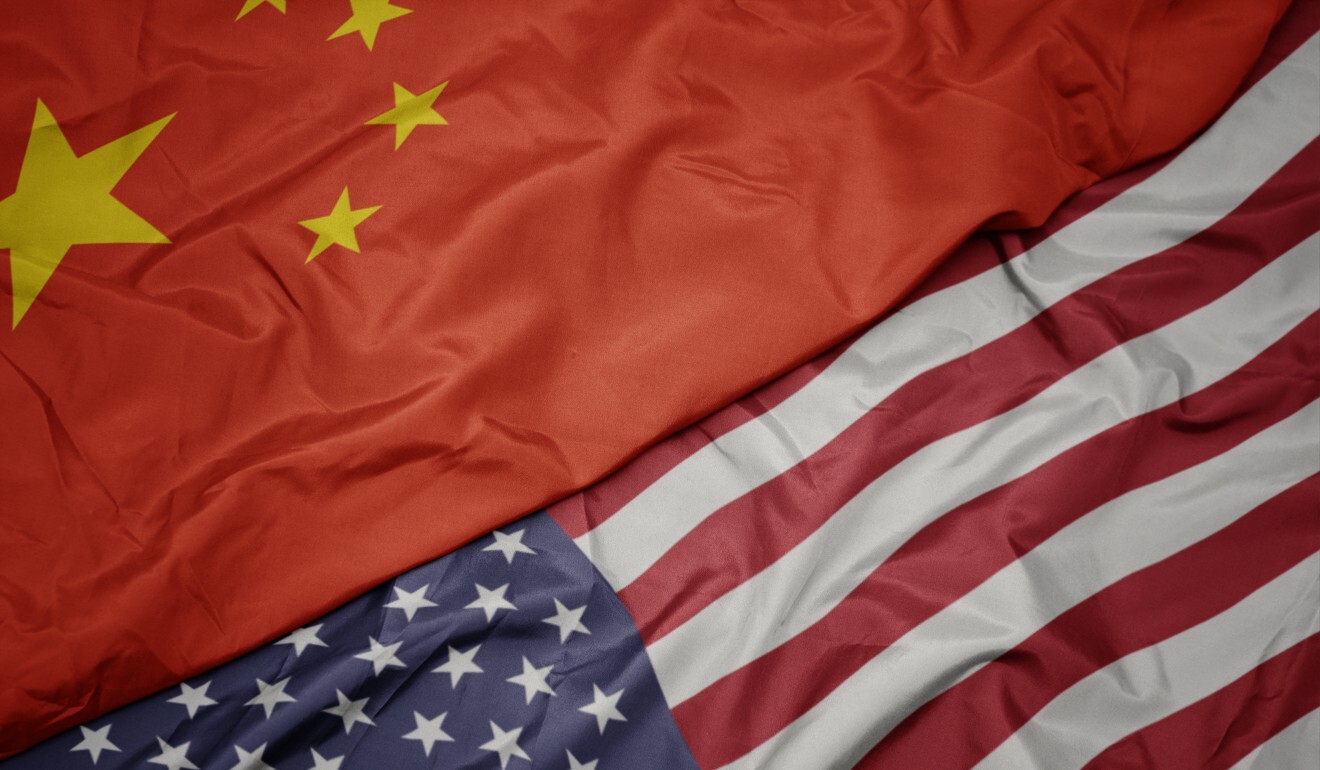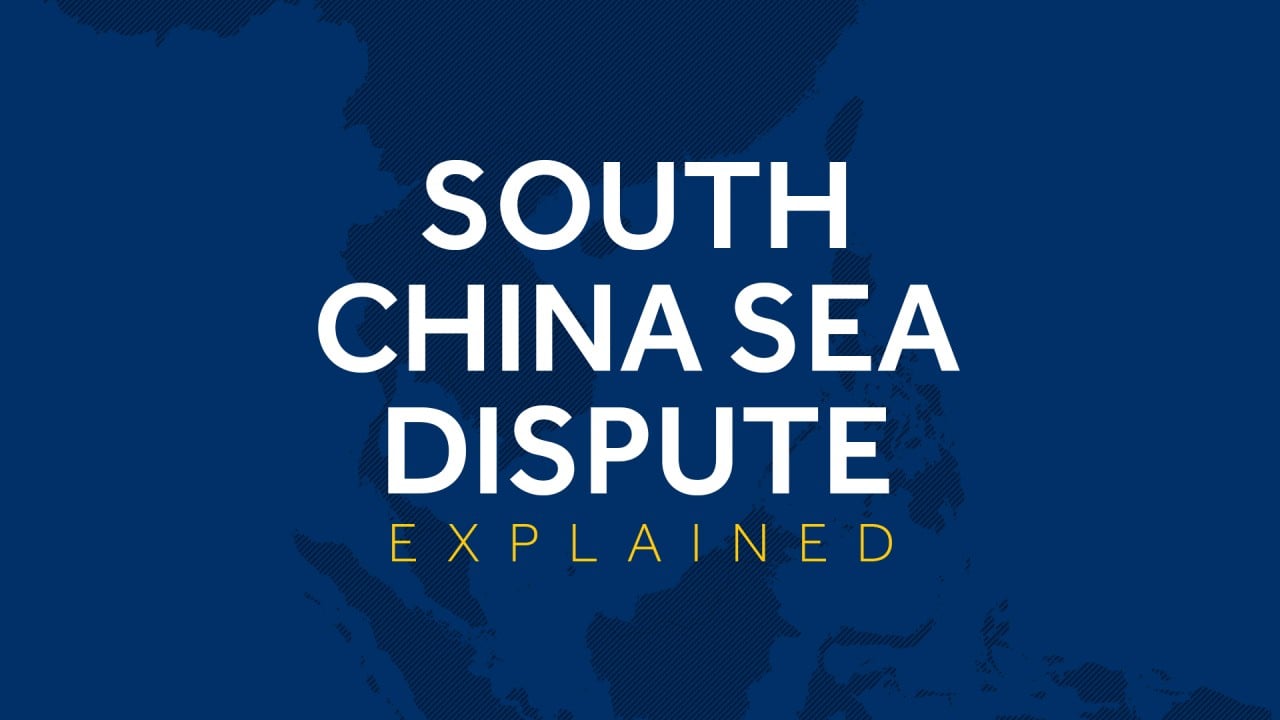
Southeast Asia’s China anxieties are rising despite coronavirus aid, most would side with US: study
- While region’s elites acknowledge China has been of more help than the US in the pandemic, their concerns over Beijing’s clout have grown, study finds
- Almost nine in 10 are worried about Beijing’s rising influence, and more than six in 10 now say the bloc should side with the US over China if forced to pick
In a US-China war, whose side is Southeast Asia on?
Just 38.5 per cent said they would pick China, compared to 46.4 per cent a year ago.

01:08
US President Joe Biden foresees ‘extreme competition’ with China
In a panel discussion on the survey findings, Indonesian foreign policy observer Dewi Fortuna Anwar said Washington’s weak showing in this area was expected, given that it was “struggling with its own problems and is not in a position to give that kind of assistance”.
In contrast, China’s aid in donating personal protective equipment – and in vaccine cooperation – had been highly visible.
“So I would say that the survey, despite the fact that this is only 1,032 respondents who answered … it captured the mood and perceptions of what is actually happening in Southeast Asia,” said Anwar, a co-founder of the Foreign Policy Community of Indonesia think tank.

‘ENORMOUS FEAR’
The survey’s findings about anxieties over China’s economic clout also featured in the webinar discussion.
Walter Lohman, director of the Washington-based Heritage Foundation’s Asian Studies Center, said the “enormous fear” about China was out of proportion to the realities shown in investment data.
US investment in the region over the past decade, said Lohman, had on average been “about twice as big as China’s”.
On trade, while China had a larger share, the presence of the US, Japan and the EU was not insignificant, Lohman said.
“What it says to me again looking at the perspective of US policy is that the US needs a trade policy that better tells the story of the United States’ involvement in the region,” Lohman said.
And with the positive perception of Japan and the EU in the region, it would be good for Washington to be associated with these two players, he said.

03:23
The South China Sea dispute explained
Asean claimants say this boundary encroaches into their territorial waters and exclusive economic zones as enshrined under international law.
On the sea dispute, the top concern among respondents was “China’s militarisation and assertive actions” followed by “China’s encroachment on other littoral states’ maritime zones”, followed by the prospect of a US-China military confrontation in the area, the depletion of fish stock and biodiversity loss and increased US military presence.
Just over 80 per cent of respondents said the code of conduct being negotiated between Beijing and Asean over the dispute needed to be “aligned with international law”, with a little more than 53 per cent concluding it would not resolve the territorial dispute but would prevent and manage incidents at sea.
US-China ties: Biden has limited time to repair Trump’s damage
Some 22 per cent of respondents were of the view that “the code of conduct will not change anything because China will never give up its territorial and jurisdictional claims based on the nine-dash line”.
Chen Ding Ding, a professor of international relations at Guangzhou’s Jinan University, said it was “positive news” that Asean respondents “overwhelmingly” wanted to conclude the code of conduct as Beijing too hoped for an early conclusion of such an accord.
The Chinese academic said there were unanswered questions over “inconsistencies” in the data, which he said showed overall trust levels for Beijing had increased at the same time as the rise in anxieties about its influence.
Lohman, the US-based scholar, said the “intensity” of concerns about China might not be deep. “Overall, when you look at all the things that Asean leaders, Asean citizens for that matter, are worried about on an everyday basis, the influence of China and even the South China Sea are not really top of their minds,” Lohman said. “And that is one way to reconcile the sort of schizophrenia in the numbers.”

